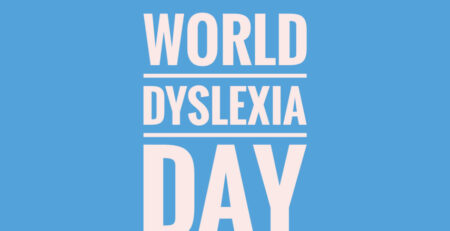Purple Thursday – October 19th, 2023
Purple Thursday on October 19th is a day to raise awareness regarding the intersection between brain injury and intimate partner violence with the goal to eliminate it.
Understanding Brain Injury Caused by Intimate Partner Violence
Intimate partner violence (IPV) can include many types of harm such as physical, sexual or psychological by a current or past intimate partner. IPV can happen to anyone regardless of race, gender, ethnicity or socio-economic status. The most common physical injuries are to the head, neck and face due to hits or strangulation. These types of injury can, and often do, result in acquired brain injury. Brain injuries can be sustained due to hitting, choking, strangulation, shaking, being thrown against something or by other means. Brain injuries include concussion, which is the most common brain injury in survivors of IPV. Often survivors are not initially aware they have sustained a brain injury.
Signs of Traumatic Brain Injury due to IPV
Signs of brain injury due to IPV are similar to signs of brain injury due to other causes (e.g. accidents, falls) but can often be missed by medical professionals. Since incidents of IPV may result in more visible injuries (e.g., cuts, broken bones) that need immediate attention, a brain injury can be overlooked. Further, symptoms of brain injury may take a few days or weeks to appear, the individual may be reluctant to share symptoms of brain injury due to safety concerns, or symptoms may be attributed to other causes.
There are many signs of brain injury including:
Physical Signs – headaches, nausea, blurred vision, dizziness, ringing in your ears, pain when swallowing, changes to menstrual cycle
Cognitive Signs – difficulty with decision-making, concentration, memory, organization and/or multi-tasking, impulsivity, slowed thinking, communication challenges
Sleep Challenges – trouble falling asleep, sleeping at odd times of the day, not feeling rested after sleeping, sleeping more or less than usual
Psychological Signs – depression, anxiety, suicidality, outburst of anger/irritability, mood swings, changes to personality, self-doubt
Ways to Support
Survivors of IPV need others to understand the potential that they are experiencing a brain injury. There may also be a possibility of repetitive brain injury as survivors often experience multiple IPV incidents. No brain injury is the same and it can impact survivors in different ways. However, supporting a survivor in the following three areas can often make a difference in their lives.
Environment – minimize distractions, ensure the room is quiet and lighting is not bothersome
Communication – listen and validate feelings, avoid arguments, keep interactions short and focused, use kind words and a gentle voice, check for understanding, problem solve together, and give extra time for thinking
Planning – explore options and mobilize support systems, follow their lead in decisions, protect confidentiality, if requested advocate and attend professional appointment with them (e.g. doctor, lawyer, social worker), be careful with written information which can compromise safety if found at the home
If you, or someone you know is experiencing domestic violence, know that you are not alone. There are many resources available to survivors of IPV in Calgary and across Alberta.
- Calgary Women’s Emergency Shelter calgarywomensshelter.com 403-234-SAFE (7233) or toll-free 1-866-606-7233
- Sheltersafe.ca
- The Distress Centre 24-hour helpline: 403-266-HELP (4357) Distresscentre.com Suite 300, 1010 – 8th Avenue SW
The Family Psychology Place also has trained psychologists that are able to assist survivors of IPV in their healing journey. Feel free to reach out at 403-250-7792
References:
- https://msktc.org/tbi/factsheets/cognitive-problems-after-traumatic-brain-injury
- https://www.abitoolkit.ca/
- https://www.brainlove.ca/purple-thursday
- https://soarproject.ca/
- https://www.womenscentrecalgary.org/wp-content/uploads/2018/04/Domestic-Violence-Call-Lines-1.pdf
Author Credit: Lisa Skriver.














